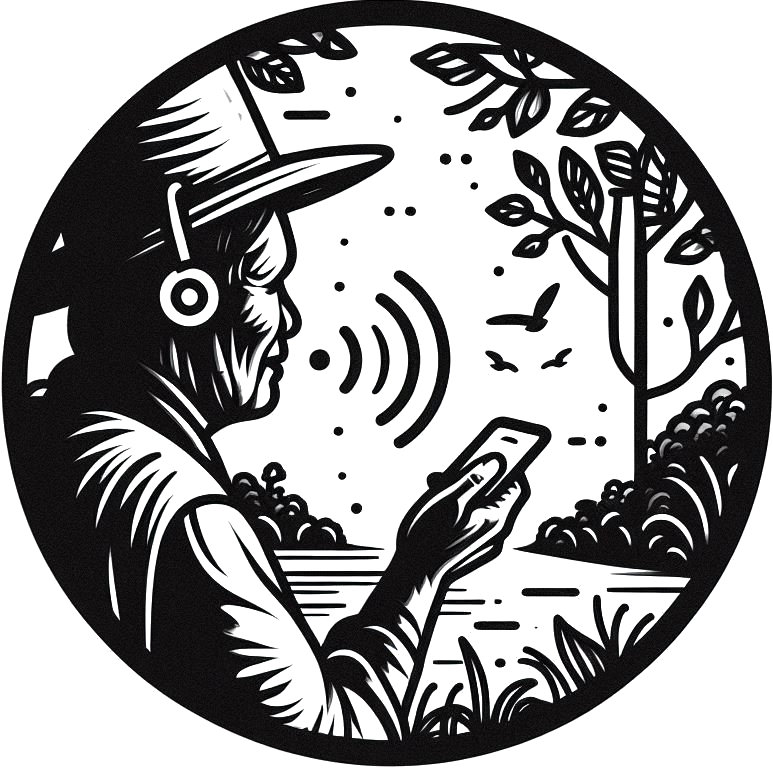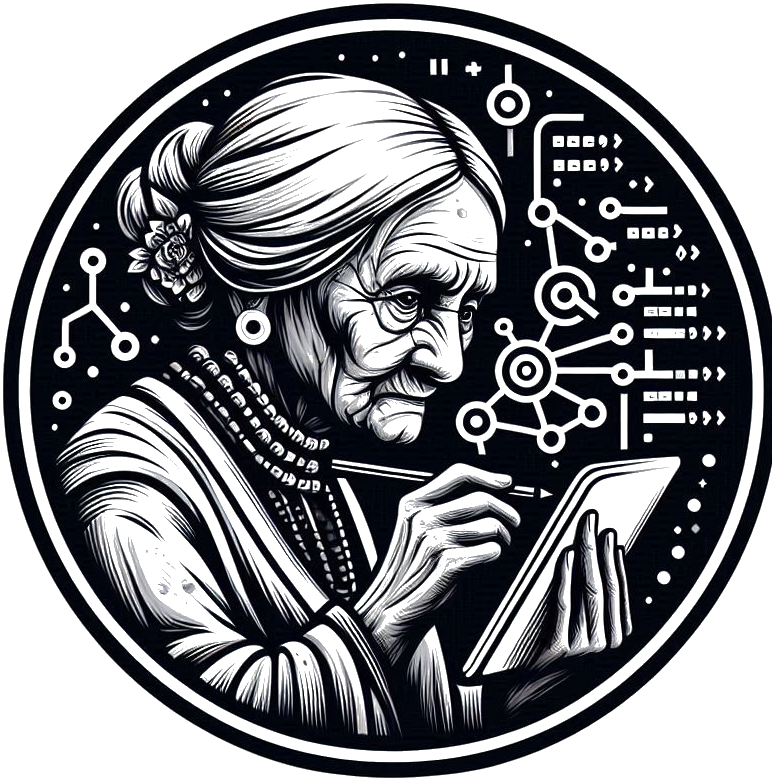Earth Defenders Toolkit AI
The Earth Defenders Toolkit AI enhances the existing Earth Defenders Toolkit (EDT) to make it more accessible and effective for Indigenous and local communities protecting critical ecosystems. Recognizing the importance of maintaining cultural practices and local autonomy, we integrate state-of-the-art AI capabilities to address accessibility challenges, especially for communities that rely on oral communication and face connectivity issues.

Audio Conversations With The Machine
Empower Indigenous and local communities with natural voice interactions through our AI-enhanced chat interface. Designed for oral-first cultures, this feature ensures seamless access to critical information and tools using voice commands, making technology intuitive and user-friendly.

Can’t Be Safer Then Offline
Maintain data privacy and operational continuity with local AI processing. EDT AI ensures that sensitive data is handled securely on edge devices, providing full functionality even in areas with limited internet connectivity. This empowers communities with autonomy and control over their data.

Find The Right Information
Access a rich variety of curated content, including tools, strategies, and stories from Indigenous and local sources. Our AI’s augmented retrieval techniques ensure precise and relevant information discovery, supporting better local decision-making and knowledge sharing.

Own Your AI
Leverage the latest in AI technology, including transcription, translation, and advanced search capabilities. State-of-the-art models and tecniques enable precise content retrieval, effective data utilization, and seamless integration with offline and online resources, ensuring robust and adaptive support for Earth defenders.
Origin and Motivation
The Earth Defenders Toolkit (EDT) was initially developed to empower Indigenous and local communities by providing a comprehensive collection of resources, training materials, and networks. Central to this initiative is the commitment to enhance local autonomy and minimize reliance on external assistance. However, challenges still existed, especially for our oral-first partners who predominantly use audio messaging services like WhatsApp.
Our journey progressed with the development of Kakawa, an offline version of EDT that uses simple devices like Raspberry Pi to ensure continuous and secure access to information, even in remote areas. The next step was clear: integrating AI to bridge the gap between modern technology and traditional oral cultures.
Goals
Enhanced Accessibility: Introducing a voice-enabled chat interface allows users to interact with the toolkit using natural audio conversations, which is crucial for oral-first communities.
Privacy and Data Sovereignty: Implementing local AI processing ensures that sensitive data is handled securely and privately, without the need for cloud-based services.
Offline Functionality: Maintaining an offline-first platform ensures continuous operation even in regions with unreliable internet connectivity.
Content Retrieval and Utilization: Leveraging AI, we enable precise retrieval of relevant content and tools, tailored to community needs, thereby supporting effective local decision-making and resource utilization.
Training and Capacity Building: We are committed to hands-on training programs that equip communities with the skills to use the toolkit effectively.
